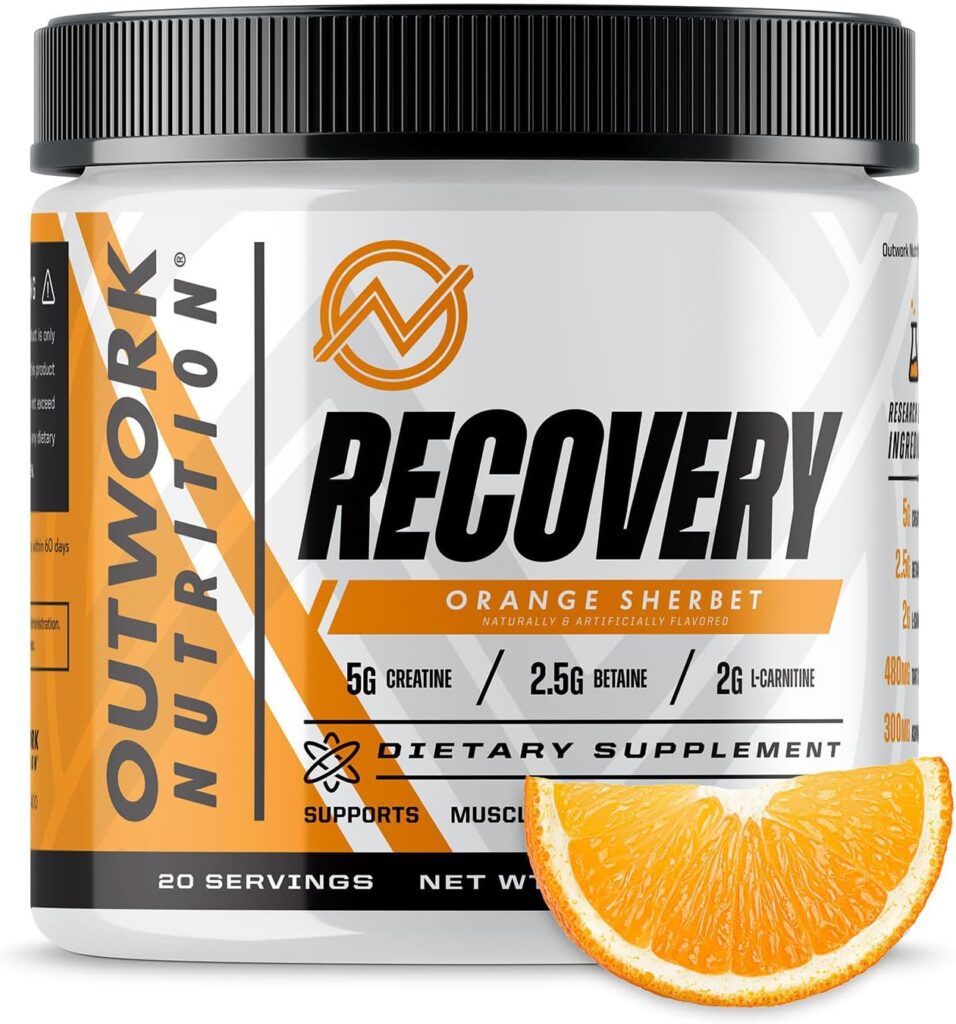Experiencing muscle soreness after a vigorous workout is almost a rite of passage in the fitness world.
Known as Delayed Onset Muscle Soreness (DOMS), this phenomenon can make you feel accomplished, yet equally challenged as you climb a set of stairs or reach for that high shelf.
While some soreness can be expected and is a sign of your muscles getting stronger, too much discomfort can impede your daily activities and subsequent workouts.
Understanding what triggers this soreness and how to effectively manage it is crucial for both novice exercisers and seasoned athletes.
In this blog, we’ll explore the causes of post-workout muscle soreness and provide five practical strategies to help you reduce discomfort and enhance your recovery, so you can get back to training sooner and more effectively.
Let’s dive in!
What Causes Post Workout Muscle Soreness?
Post-workout muscle soreness results from micro-tears in muscle fibers caused by intense physical activity, particularly those that involve eccentric (lengthening) movements.
These microscopic injuries trigger inflammation as part of the natural healing process, leading to the stiffness and soreness experienced as DOMS.
While DOMS is a normal part of the fitness journey, excessive soreness can hinder your daily activities and workout routine.
The following are 5 ways to reduce muscle soreness after a workout.
5 Ways to Reduce Post Workout Muscle Soreness
1. Take a Post-Workout Recovery Supplement
One of the most effective ways to improve your workout recovery is by taking a post-workout recovery supplement.
These supplements often contain key ingredients such as creatine and L-carnitine L-tartrate.
Creatine helps replenish your muscles’ energy stores, allowing for quicker recovery and increased strength.
L-carnitine L-tartrate supports muscle repair and reduces muscle damage and soreness.
Incorporating a high-quality recovery supplement into your post-workout routine can significantly speed up the recovery process and enhance your performance in subsequent workouts.
My favorite post-workout recovery supplement is Outwork Nutrition’s Recovery.
Backed by peer-reviewed scientific research, it contains effective ingredients like Creatine Monohydrate, Betaine, Tart Cherry Powder, and L-Carnitine that maximize muscle recovery.
The inclusion of ashwagandha even helps reduce physical and mental stress, aiding in quicker and more efficient recovery.
Created under the guidance of fitness expert Layne Norton, this delicious Orange Sherbet-flavored supplement is a game-changer for both men and women.
Simply take 1-2 scoops, mix it in water, and you’re good to go!
**These statements have not been evaluated by the Food and Drug Administration. This product is not intended to diagnose, treat, cure, or prevent any disease
2. Proper Warm-Up
Starting your workout with a proper warm-up can significantly reduce the risk of muscle soreness.
A good warm-up increases blood flow to the muscles, enhances flexibility, and prepares your body for the stress of a heavy workout.
Aim for at least 5-10 minutes of light aerobic activity followed by dynamic stretches.
3. Stay Hydrated
Hydration is key to reducing muscle soreness.
Dehydrated muscles are more prone to injury and can exacerbate the soreness after a workout.
Ensure you drink plenty of water before, during, and after your exercise.
Incorporating electrolytes can also help maintain the balance of fluids in your body.
4. Use Proper Technique
Incorrect exercise techniques not only increase the risk of injury but also lead to unnecessary muscle strain and soreness.
Working with a trainer or consulting fitness guides can help ensure that you perform exercises correctly and efficiently, minimizing the risk of DOMS.
5. Eat a Balanced Diet
Nutrition plays a vital role in muscle recovery.
Consuming a balanced diet rich in protein, carbohydrates, and healthy fats can provide your body with the nutrients it needs to repair and grow muscle tissue.
Protein is essential for muscle repair and should be consumed within a couple of hours after your workout.
Include lean protein sources such as chicken, fish, eggs, and plant-based options like beans and lentils.
Carbohydrates replenish glycogen stores in your muscles, providing energy for your next workout.
Opt for whole grains, fruits, and vegetables for healthy carbohydrate sources.
Healthy fats, found in avocados, nuts, and olive oil, support overall health and aid in the absorption of certain vitamins.
BONUS: Get Enough Sleep
Sleep is one of the most important factors in muscle recovery.
During deep sleep, your body produces growth hormone, which is essential for muscle repair and growth.
Lack of sleep can hinder your recovery process, leading to prolonged muscle soreness and reduced performance.
Aim for 7-9 hours of quality sleep each night to ensure your body has enough time to repair and regenerate.
Establish a consistent sleep schedule, create a relaxing bedtime routine, and avoid caffeine and electronic devices before bedtime to improve your sleep quality.
Reduce That DOMS!
While post-workout muscle soreness is a natural response to exercise, managing it effectively allows you to continue training and progressing in your fitness goals.
Implementing these strategies not only reduces DOMS but also enhances your overall exercise performance and recovery.
Remember, the goal is to work with your body, not against it.
Thank you for reading!
Affiliate Disclosure
Some of the links on this site are affiliate links. This means that if you click on the link and purchase the item, we may receive an affiliate commission at no extra cost to you. I only recommend products or services that I believe will add value to my readers, however some (not all) do pay us to be on this blog. Your support and theirs helps keep this blog running, and I genuinely appreciate it.
Medical Disclaimer
The information provided on this website is for educational purposes only and is not intended as medical advice. This blog or the writer is not a licensed healthcare professional, and the content should not be used as a substitute for professional medical diagnosis, treatment, or advice. Always consult with your physician or other qualified healthcare provider before starting any new treatment or making any changes to your healthcare routine.
